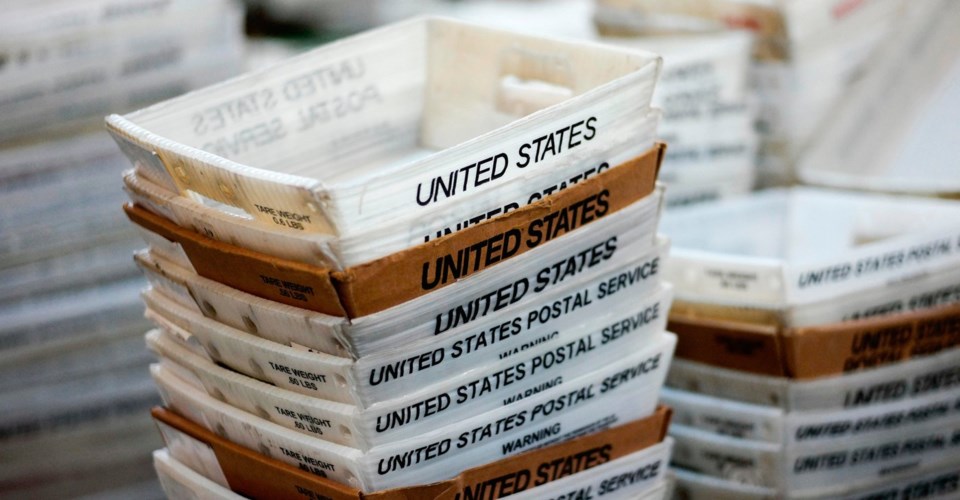The United Nations agency that coordinates international mail deliveries says it is working to get small parcels dispatched to the United States again by resolving confusion over the pending elimination of a U.S. tariff exemption for low-cost imports.
The Universal Postal Union said it sent a letter to U.S. Secretary of State Marco Rubio on Tuesday to express concerns the agency's member countries have about the end of the “de minimis exemption,” including requirements for collecting and transmitting new customs duties.
The postal service operators of more than 30 countries, including almost all of the ones in Europe, have limited or stopped shipping all or most U.S.-bound parcels valued at $800 or less, which has been the cutoff for imported goods to escape customs charges.
That is set to change Friday, when the Trump administration is ending the de minimis exemption that has existed in some form since 1938. The administration says the exemption has become a loophole that foreign businesses exploit to evade tariffs and criminals use to get drugs into the U.S.
Purchases that previously entered the U.S. without needing to clear customs will require vetting and be subject to their origin country’s applicable tariff rate, which can range from 10% to 50%. For the next six months, carriers handling orders sent through the global mail network also can choose a flat duty of $80 to $200 per package instead of the value-based rate.
While the change applies to the products of every country, U.S. residents will not have to pay duties on gifts sent from outside the country valued at up to $100, or on up to $200 worth of personal souvenirs from trips abroad, according to the White House.
The Universal Postal Union said its 192 members had not been given enough time or guidance to comply with the procedures outlined in the executive order President Donald Trump signed on July 30 to eliminate duty-free eligibility of low-value goods.
“Recognizing that the short implementation timeline poses a significant challenge for the international postal network, particularly for the delivery of e-commerce items, the UPU is working with the relevant U.S. authorities to ensure that information on the operational requirements of the measures is communicated effectively,” the agency said in a statement.
It said it also was working to accelerate development of a system that would make it easier for post offices to charge applicable duties if a person or business shipping goods to the U.S. is responsible for paying them.
The Associated Press




